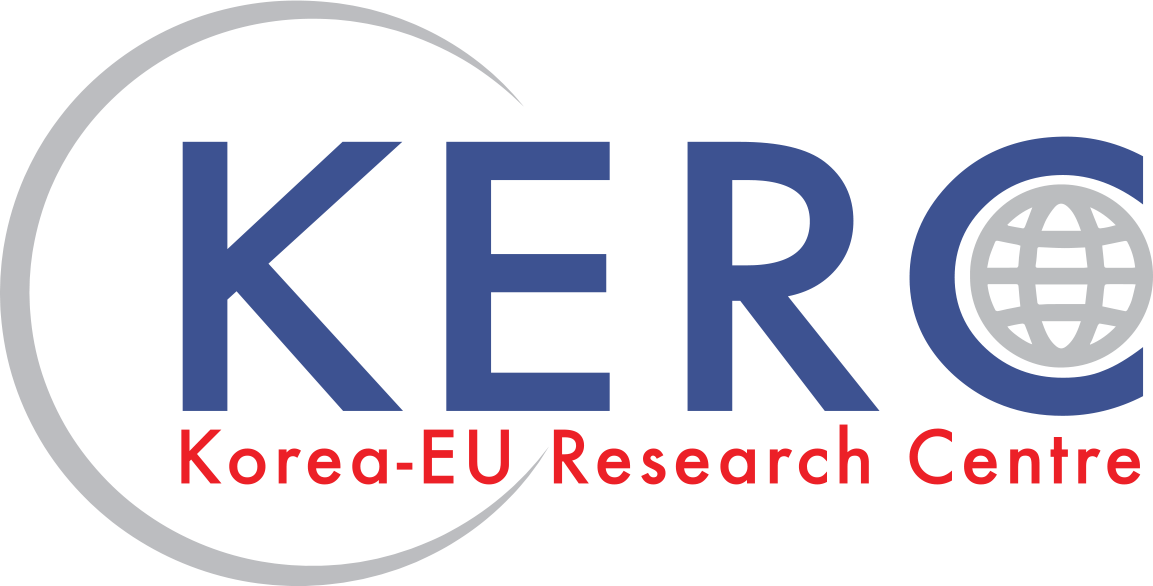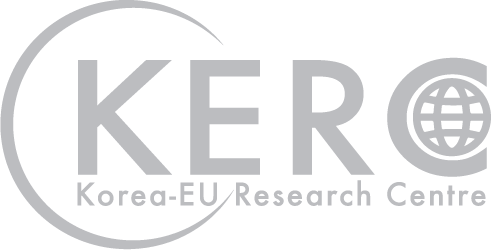- MSIT to select three universities to nurture talent in AI semiconductors (Jun 3)
- MSIT geared up to invest into semiconductor talent nurturing (Jun 2)
MSIT to select three universities to nurture talent in AI semiconductors
The Ministry of Science and ICT(MSIT, Minister: Lee Jong-Ho) selected three universities (Seoul National University, Sungkyunkwan University, and Soongsil University) that will operate an ‘AI chip talent nurturing program.’
The ‘AI chip talent nurturing program’ is newly designed to provide specialized education and practical trainings to undergraduate students to keep pace with increasing needs for skilled AI semiconductor workforce.
The selected universities will be granted with about 1.4 billion Korean won (1.1 million US dollars) for three years from 2022 to 2024, and will engage different major such as electronic engineering, computer engineering, and semiconductor system engineering, providing well-rounded, practical education.
MSIT geared up to invest into semiconductor talent nurturing
Minister Lee Jong-Ho of Science and ICT held a roundtable on May 30 to discuss various ways to nurture talent in semiconductor industry to become a leading nation in the global chip market. The roundtable was joined by President of Korea Advanced Institute of Science and Technology(KAIST) and business leaders of Samsung Electronics, SK Hynix, DB HiTek among others.
This roundtable was held as a follow-up to Minister Lee’s first field visit to an AI chip maker, reaffirming MSIT’s willingness to enhance its competitiveness not just in memory chips but also in non-memory chips.
MSIT will financially support talent nurturing programs targeting undergraduate, graduate, and Ph.D students. To produce undergraduate students in system chip design, four major science and technology universities such as KAIST, Gwangju Institute of Science and Technology(GIST), Daegu Gyeongbuk Institute of Science and Technology(DGIST), and Ulsan National Institute of Science and Technology(UNIST) will incorporate a semiconductor major into its curriculum from 2023. Over 200 engineers are expected to be produced annually.
In a bid to nurture skilled semiconductor engineers holding master’s degree or Ph.D, KAIST and UNIST will upgrade their graduate programs in partnership with the industry. GIST and DGIST will consider creating a new semiconductor major or specialized graduate school. For the next five years, more than 500 skilled workers will be nurtured, annually, up from 220 of today. Efforts will also be made to expand the global network among universities.
“What is essential to maintain our competitiveness, keeping super-gap in semiconductors, is a robust foundation and nurturing creative talent who can be widely tapped into across research areas and businesses,” said Minister Lee.
“A fast-changing technology such as semiconductors need cooperation among industries, academia and research institutions when it comes to talent nurturing. To this end, MSIT will accelerate its efforts in securing key engineers, encouraging collaboration between four major science and technology institutes and industries,” added he.


